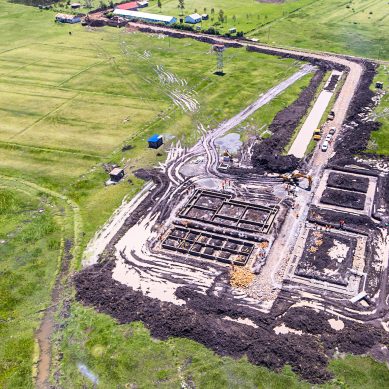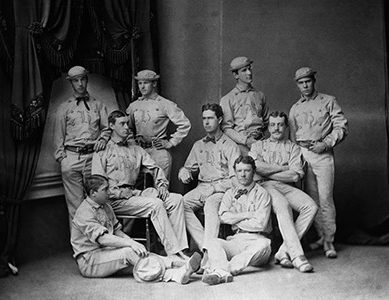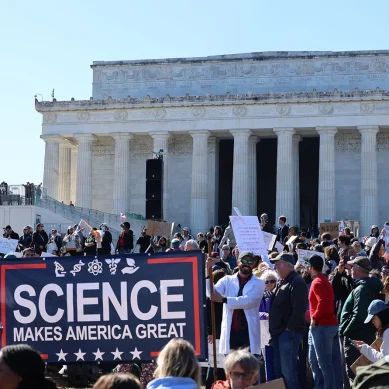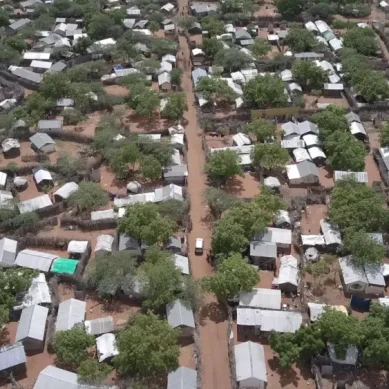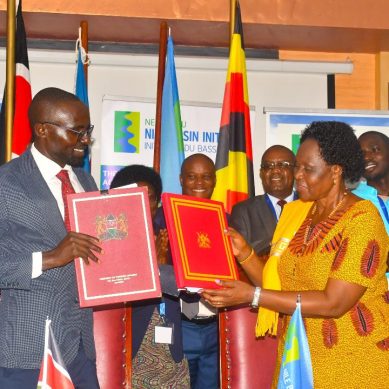
The Core tenets of the 2018 South Sudan peace deal, including creating a unified army, have been repeatedly delayed. Analysts warn that divisions within President Salva Kiir’s and First Vice President Riek Machar’s parties – including recent calls for a leadership change that prompted a government crackdown – risk further instability.
President Kiir heads the Sudan People Liberation Movement in Government (SPLM-IG), while Dr Machar’s faction is Sudan People’s Movement in Opposition (SPLM-IO)
The population of the Bentiu camp, rather than shrink as government officials had hoped, has grown by more than 10,000 since last year, ballooning in part because of record floods.
The level of US engagement in South Sudan has shifted over time. Biden’s administration has not appointed a permanent ambassador and has not named a replacement for the special envoy to South Sudan.
After years of touting the creation of a war crimes court, the State Department this year reverted to the US Treasury the bulk of funding initially put toward the court’s creation. A State Department spokesman cited slow use of the funds by the African Union as the reason for the shift.
Cameron Hudson, a senior fellow with the Atlantic Council’s Africa Centre, said many of those who pushed for independence have been too disenchanted in recent years to get involved.
“We’ve owned it before,” Hudson said of the crisis, “and we don’t want to own it anymore.”
He wishes he could work but doesn’t know what he would do. He hears regular reports about violence near his village. And with his home destroyed and the area from which he came facing emergency levels of hunger, remaining in the camp seems the better of two bad options.
Although he feels shame for relying on aid, he said, it means he and his children have a school where they can study each day and hospitals to go to when they are sick.
Every afternoon, he puts on blue trousers and a white button-down shirt and heads to school, where he is learning to read and write English. As he walks, he passes the signs of international investment: The UN tarpaulins covering shelters. Food rations in bags decorated with American flags. A malaria clinic run by Doctors Without Borders.
The American humanitarian effort in South Sudan, a country of 11 million, is surpassed in size only by those in Yemen and Syria, according to the US Agency for International Development.
The aid has been essential to keeping people alive, said Luka Biong Deng Kuol, a former minister of presidential affairs in South Sudan. But he said it has also propped up a weak, largely transactional national government that has mostly failed to build institutions.
Many government leaders, including Kiir and Machar, have been accused of amassing fortunes as the violence escalated, and a recent UN report detailed the extent of continued corruption since 2018.
“The problem is that the aid has become a part of perpetual suffering,” said Kuol, now academic dean at the Africa Center for Strategic Studies at the National Defence University in Washington.
When the World Food Program cut rations because of pandemic-related donation gaps – and to make sure it had enough to give to the six counties that the United Nations declared “one step away from famine” – Gatjani started fasting so his children would have more to eat. Still, some of their hair is tinted with the orange that is a tell-tale sign of malnutrition.
Gatjani’s neighbours came down with hepatitis E after maintenance of the latrines was ended, also because of funding cuts.
Doctors Without Borders’ head of mission, Bernard Wiseman, described an explosion of cases as part of the camp’s “staggering” deterioration.
The UN decision to transfer control of the camps to the government was both a recognition of how the conflict had changed, with more forces needed elsewhere, said Nicholas Haysom, the head of the UN Mission in South Sudan, and an acknowledgment that the United Nations was unable to provide security for so many in perpetuity.
Toilets and showers at the Bentiu camp have been left to deteriorate, and no new ones are being built, as humanitarian funding declines.
“We’re facing in 2022 a world that is recovering from covid, that faces a number of other really significant humanitarian crises, not least in this region with Ethiopia,” he said, adding that South Sudan could not “continue to expect that same level” of security support.
The Bentiu police force, he added, is still monitored and mentored by UN forces.
But in the camp, Gatjani and others said, the young-looking forces carrying guns have brought a sense of unease. Gunshots have started ringing out more frequently, he said, and he worries that the forces could turn on the mostly Nuer residents, or turn on each other.
“People are asking,” he said, “what if the fighting starts again?”
He increasingly finds himself regretting his vote for independence and wondering if the United States still cares about the country it helped create.
If war begins again, as he expects it could, Gatjani said he imagines people here will be unprotected. He has already plotted how to sneak his children to safety.
Then he said, as he stared toward the barbed-wire fencing, he would see no choice but to return and fight.
- The Washington Post report
